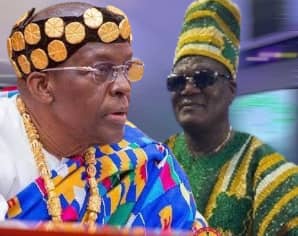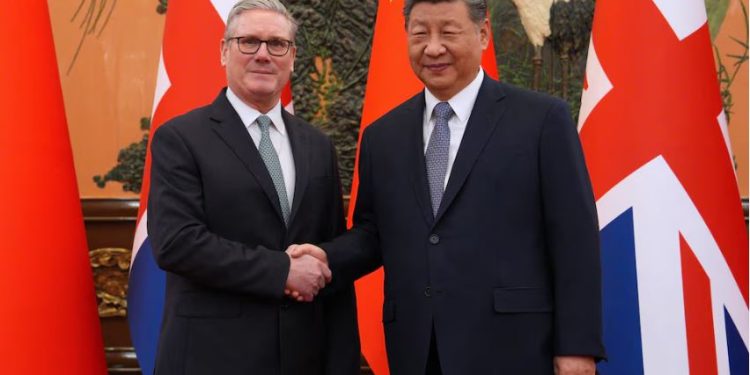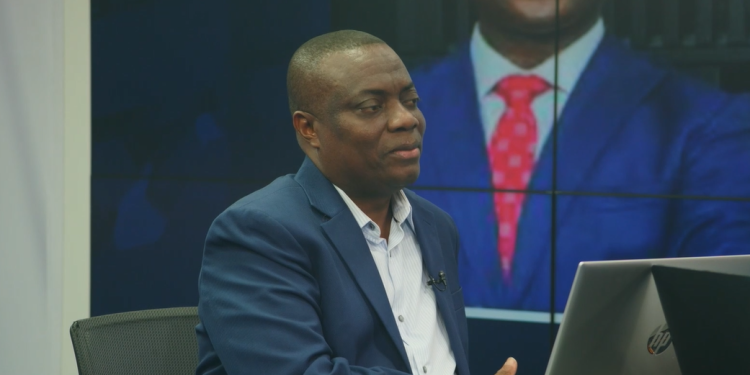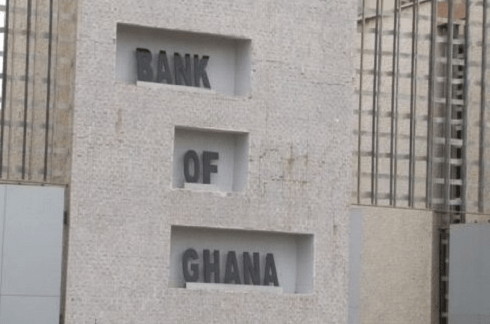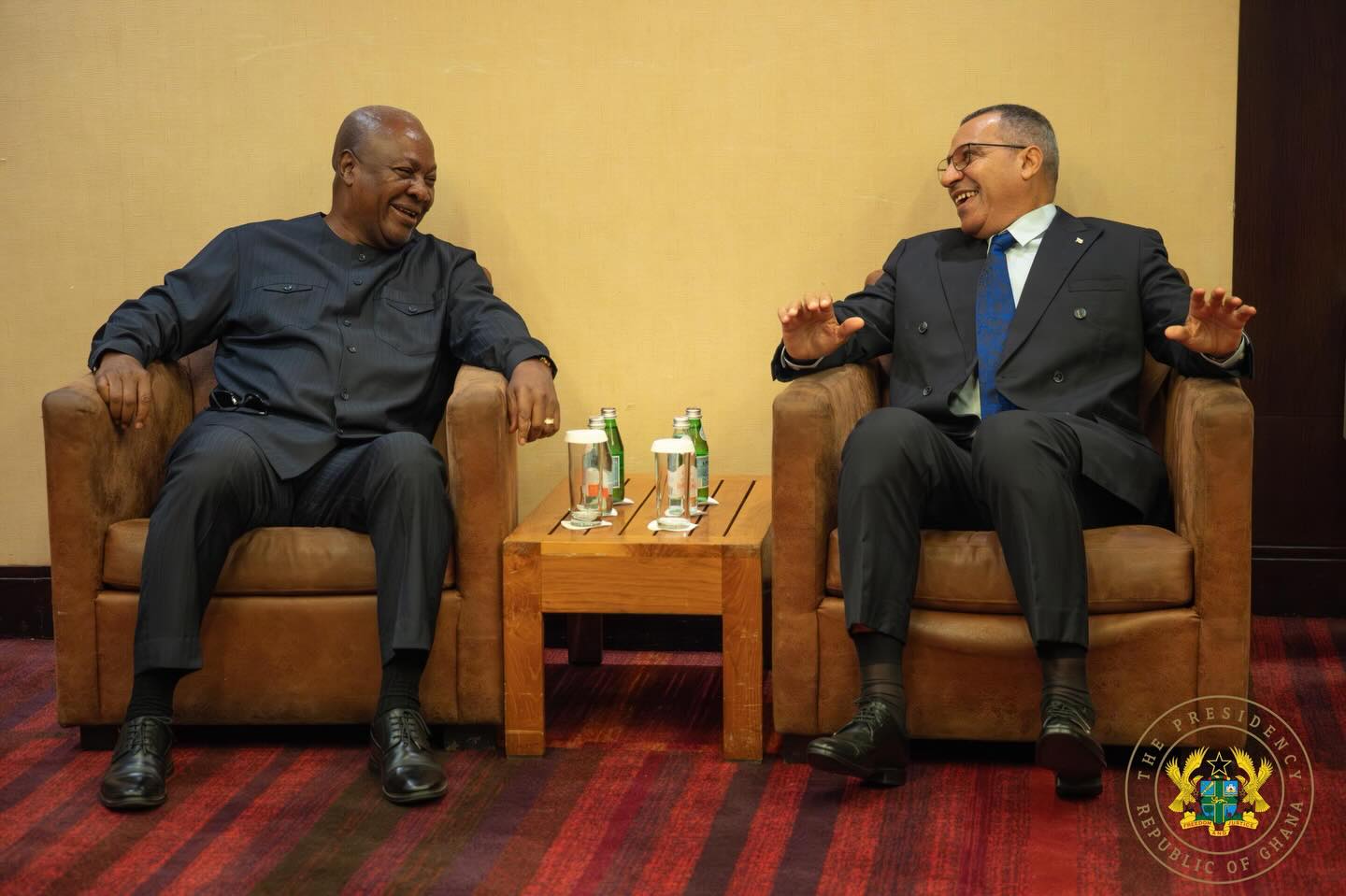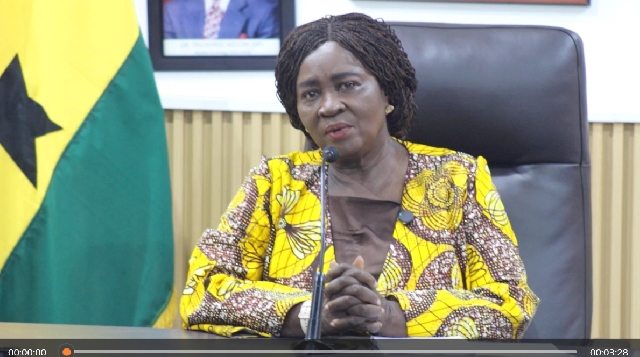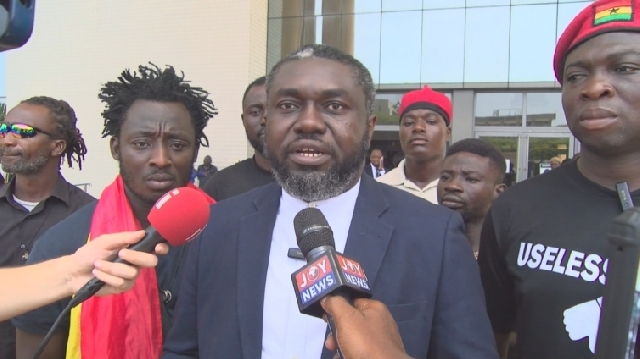Private legal practitioner Osagyefo Oliver Barker-Vormawor has launched a sharp critique of former intelligence chief Mr. Kawbena Adu-Boahene regarding his defense in an ongoing embezzlement case.
Barker-Vormawor contends that Adu-Boahene’s claim of the classified nature of certain operations is severely undermined by the public disclosure of those same details.
In a scathing commentary shared on Facebook, Barker-Vormawor highlighted that Adu-Boahene had previously “refused to inform investigators” about purportedly covert operations during interrogations with the Criminal Investigations Department (CID), citing their classified status. However, he pointed out that these details have since been made public through Adu-Boahene’s lawyers.
Barker-Vormawor questioned the practicality of these disclosures for citizens without security clearance and noted the puzzling omission of Adu-Boahene’s failure to raise these concerns with the National Security Coordinator or the Attorney-General’s office while he was on bail.
Describing Adu-Boahene’s defense as a “red herring,” the lawyer refrained from directly accusing the former intelligence chief of fabricating his claims but insisted it is crucial to “interrogate independently” the veracity of the alleged operations. He cautioned against the assumption that public disclosure would exempt Adu-Boahene from further scrutiny.
A key aspect of Barker-Vormawor’s critique is the absence of direct evidence linking the allegedly embezzled funds to the covert operations described by Adu-Boahene. “There is absolutely no proof that the monies he is said to have embezzled and the monies used for these possibly true activities are the same,” he emphasized.
Furthermore, he dismissed Adu-Boahene’s assertion of immunity under state-security provisions as “preposterous,” likening it to “blackmail justice.” Barker-Vormawor warned that unauthorized disclosures, even if intended to absolve criminal liability, could lead to additional repercussions for Adu-Boahene.
He reminded his audience that while national security operations are inherently covert, they are not devoid of accountability. “Covert special-purpose vehicles require approval, and can be audited. No one has the power to spend state funds without accountability,” he stated.
In conclusion, Barker-Vormawor urged government auditors with security clearances to closely examine the disbursements in question, reinforcing that “national security is largely covert but not a black hole.” He underscored the necessity for transparency and accountability, particularly when addressing sensitive state operations.
Source: Apexnewsgh.com

